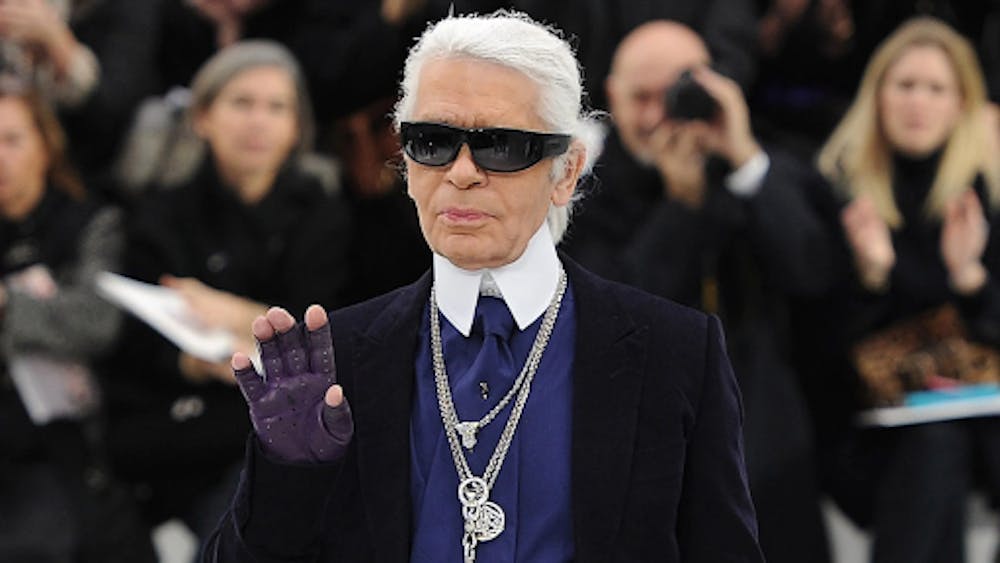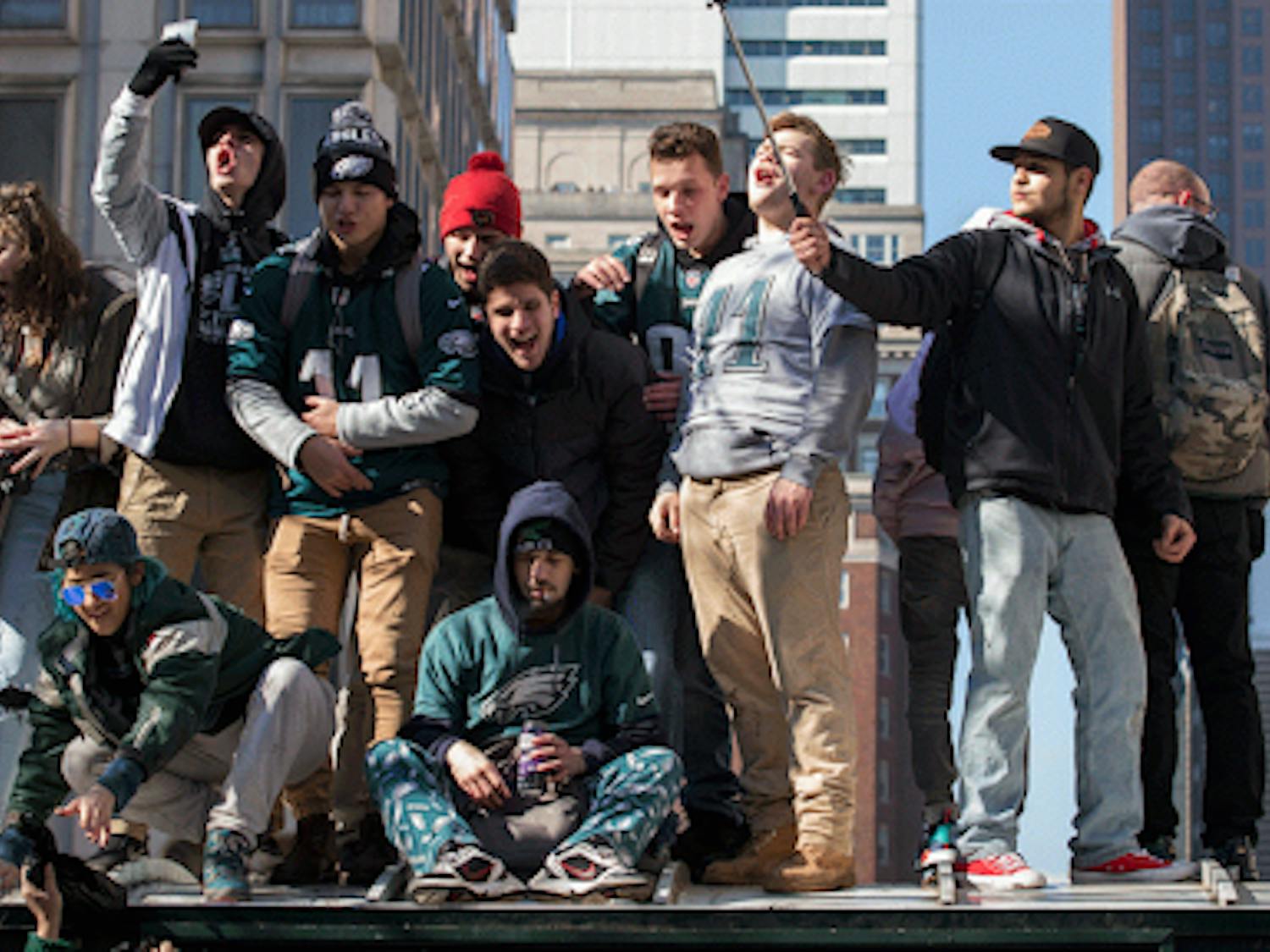On May 1st, the fashion industry’s biggest names dressed to impress to celebrate the 75th Met Gala. The Met Gala is known for producing iconic and controversial looks based on its annual themes, which are typically concepts based on the museum’s featured exhibits; however, this year’s theme was not an idea, rather, a person.
Karl Lagerfeld, the German-born fashion designer, was most acclaimed for his designs in Chloe, Fendi, and most significantly, Chanel before he passed away in 2019 at age 85. His work was honored at the Metropolitan Museum of Art in a new exhibit celebrating his contributions to fashion. This exhibit, along with being unveiled at the Met Gala, was the theme of the night. Lagerfeld was revered in the fashion industry both because of his work and persona--however, he was also beset by controversy towards the end of his life, cited as a misogynist, antisemite, fatphobic and xenophobic.

In a 2018 interview with the European magazine Numéro, Lagerfeld stated he was “fed up” with the Me Too movement: “What shocks me most in all of this are the starlets who have taken 20 years to remember what happened,” Lagerfeld said, “Not to mention the fact there are no prosecution witnesses.” He went on to complain about guidelines that intended to keep models safe on set after stylist Karl Templer was accused of sexual misconduct. “If you don’t want your pants pulled about, don’t become a model! Join a nunnery, there’ll always be a place for you in the convent.”
Karl Lagerfeld seemingly obsessed with weight and body image throughout his career and personal life. In a 2009 interview, he stated that “no one wants to see curvy women on the runway.” Lagerfeld also infamously said that singer Adele was “a little too fat” and blamed overweight people for France’s social security problems.
Continuing his offensive remarks two years before his death, in 2017 Lagerfeld criticized German Chancellor Angela Merkel’s decision to allow Syrian refugees into Germany: “One cannot — even if there are decades between them — kill millions of Jews so you can bring millions of their worst enemies in their place,” adding, “the greatest thing Germany invented was the Holocaust.” There were hundreds of people who lodged complaints about his comments on French news sites and social media.
There are many mixed reactions to the controversial decision of allowing Lagerfeld to be this year's Met Gala theme. These reactions present the long-standing debate of separating the art from the artist, a question that has risen to the forefront of the art world.
Chloe Iris Kennedy, the founder of “High Fashion Twitter Met Gala,” a popular online event that hosts thousands of watchers and fans annually, will not be discussing the Met Gala this year. “I don’t think any of us are ignorant to the fact that Karl Lagerfeld was a very important person in fashion,” Kennedy stated, “but I don’t think he merits fanfare or celebration, especially on something that has such a large stage as the Met Gala. We fall under every single identity that Karl Lagerfeld has ever insulted, and it’s not something that can be fragmented. It’s not like all of this happened and then at the very, very end, he was problematic. It’s woven into his legacy.”

Alternatively, when separating the art from the artist, Lagerfeld changed the entirety of the fashion industry through both stylistic and marketing ways. “He created the blueprint of how to modernize a French label,” said fashion historian Bronwyn Cosgrave, “and everyone followed him — Bernard Arnault at Louis Vuitton, Francois Pinault at Gucci. Those points of view [against him] are valid, but in terms of his stature and what he has done to modernize the fashion industry, there really isn’t an equal.”
Enjoy what you're reading?
Signup for our newsletter
While it may be possible to appreciate the technical skill or aesthetic beauty of his work, it is also important to acknowledge the complexities of the artist's personal life and the broader social and cultural context in which his art was created. Overall, it is up to the individual to decide whether Lagerfeld’s disrespectful comments are entangled with his designs and how, or if, his legacy in the fashion industry should be celebrated.




